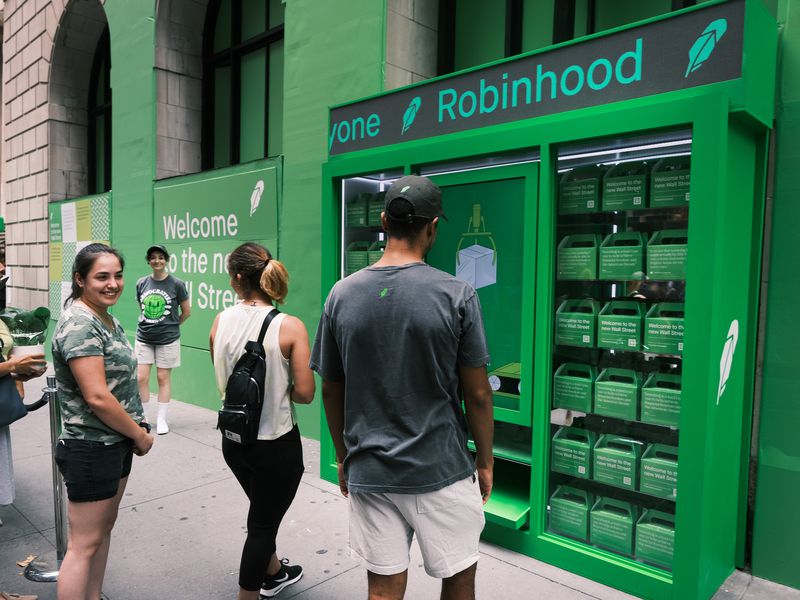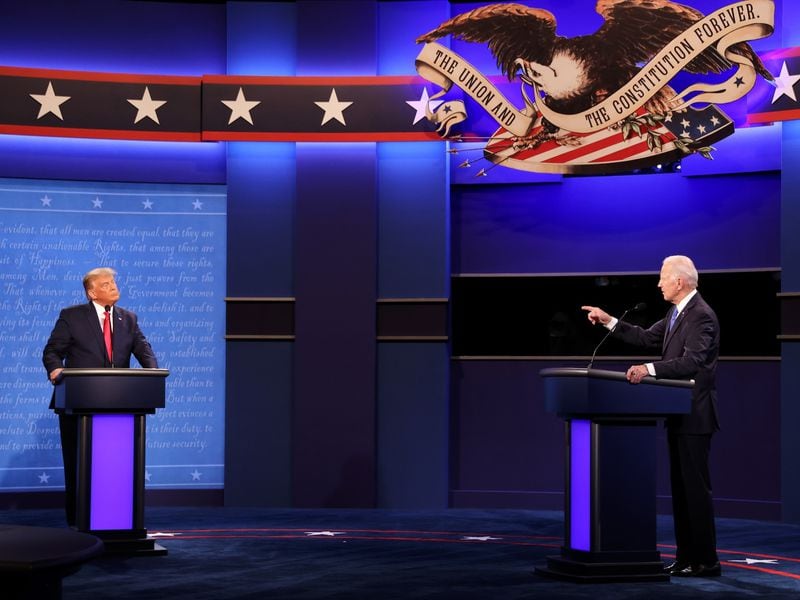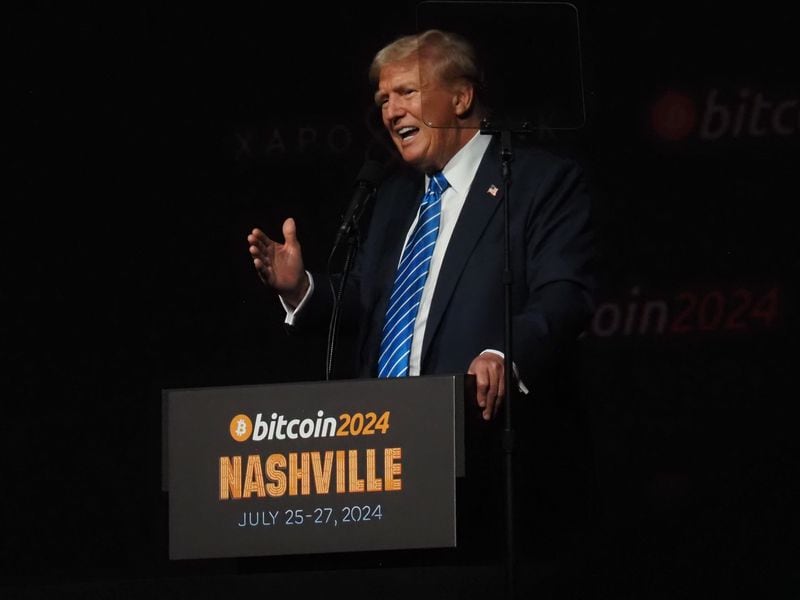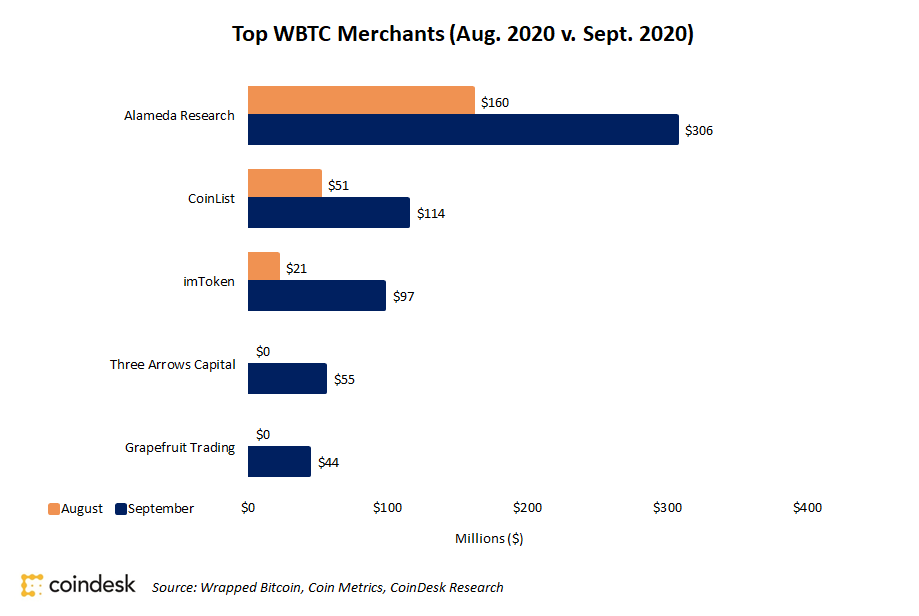Caroline Pham: Supportive Regulation at the CFTC
/arc-photo-coindesk/arc2-prod/public/LXF2COBSKBCNHNRE3WTK2BZ7GE.png)
This was not a good year for relations between crypto companies and regulators. Gary Gensler’s aggressive approach to enforcement at the Securities and Exchange Commission, which included major investigations of Coinbase, Kraken and other leading names, rankled an industry that complained about arbitrary rule-making and arbitrary justice.
But not all regulators on the crypto beat struck an antagonistic posture. One who stood out was Caroline D. Pham, a commissioner at the Commodity Futures Trading Commission, who proposed a “time-limited” pilot program at the CFTC to regulate crypto markets and tokenization that was noticeably more friendly to industry needs.
This profile is part of CoinDesk’s Most Influential 2023. For the full list, click here.
Her aim, she said, was to support the development of compliant digital asset markets, drawing from past experiences with pilot programs, while incorporating registration, eligibility requirements, financial resources, risk management, product terms and reporting requirements.
The idea was a twist on a common approach to regulation seen elsewhere in the world (known as “the sandbox”). That’s when crypto startups get to develop their ideas within the loose embrace of regulators, rather than working alone and hoping for clearance on regulation when they release products in the real world.
Pham’s proposal signified a proactive approach toward the evolving digital asset industry, especially given the lack of a comprehensive regulatory framework for cryptocurrencies in the U.S. thus far.
That wasn’t the only accommodative gesture from the former managing director at Citigroup. Following the Ripple (XRP) court ruling in 2023, a split decision on whether the company illegally offered XRP as a security, Pham emphasized the need for a holistic approach to crypto regulation that aligns with international standards.
She referred to the global regulatory framework for crypto-asset activities released by the Financial Stability Board (FSB) as a model for harmonized regulation. That contrasts with the point-of-view of many U.S. regulators and politicians who stress the need for the USA to plow its own furrow, rather than emulating jurisdictions, such as the European Union, which enacted the wide-ranging MiCA legislation this year.
The FSB framework aims to ensure consistent and comprehensive regulation of crypto assets and global stablecoins, in line with the principle of “same activity, same risk, same regulation.” And Pham highlighted the importance of aligning U.S. regulations with international standards to foster innovation while managing risks associated with digital assets.
Regulatory sandbox
In a speech at the Cato Institute, a libertarian think tank, in September 2023, Pham called for the creation of a U.S. regulatory sandbox for digital assets. This sandbox would serve as a controlled environment for testing innovative private-sector propositions and projects, she said.
Pham stressed the need for the CFTC to use its authority to provide regulatory clarity for digital assets, ensuring robust guardrails are in place. Her proposal aimed to establish a principles-based framework for innovation in technology, new products, and market structures.
Commissioner Caroline Pham joins Commissioner Hester Peirce at the SEC in standing out as a regulator who wants to see crypto grow and thinks regulators should get out of the way as much as possible. It’s questionable how much influence she will have going forward (the larger SEC is in the driving seat on crypto regulation and enforcement). But planting a flag for an accommodative approach to crypto should be applauded.








